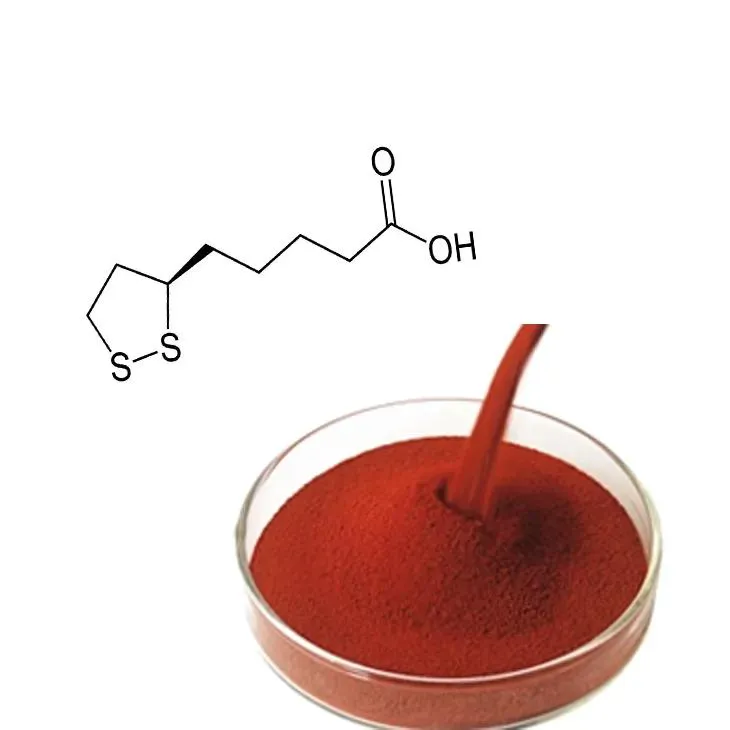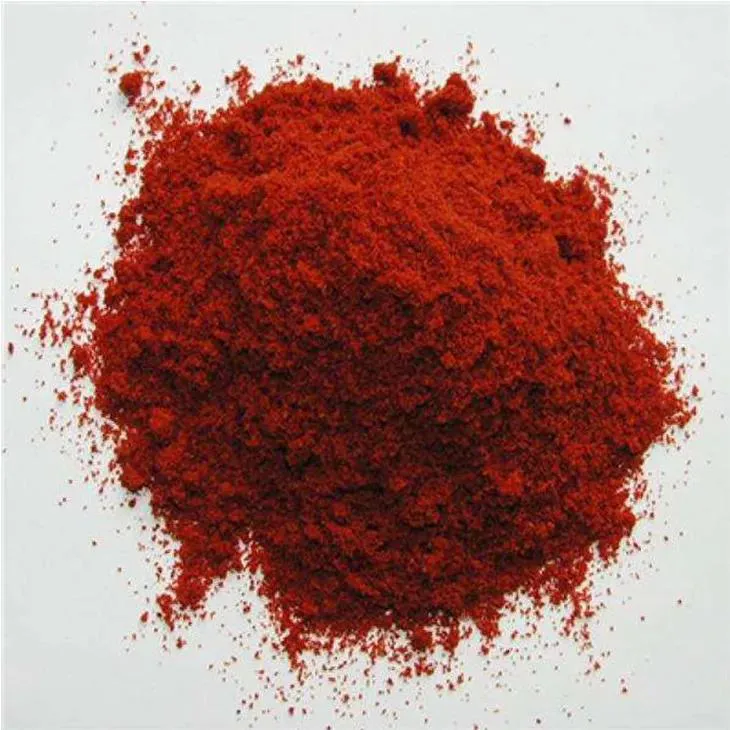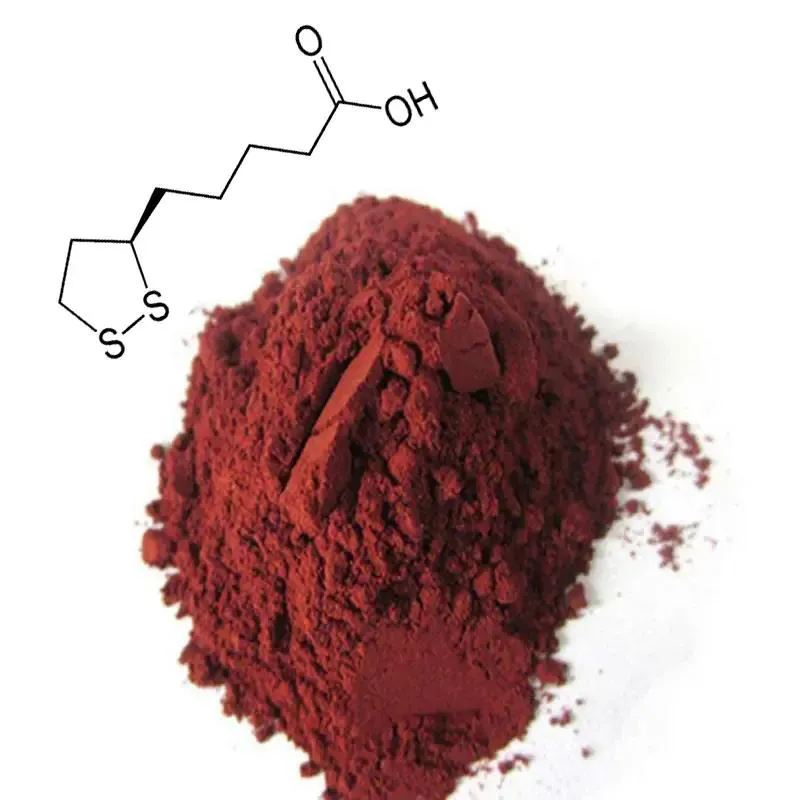- 0086-571-85302990
- sales@greenskybio.com
Astaxanthin and Liver Health: Examining the Safety and Benefits
2025-06-26

Astaxanthin, a carotenoid pigment well known for its powerful antioxidant properties, has garnered significant attention in recent years for its potential health benefits. Found primarily in marine life such as salmon, shrimp, and microalgae, Astaxanthin is popular as a dietary supplement owing to its reputed abilities to support skin health, vision, and athletic performance. However, as with any supplement, questions about its safety are vital, particularly concerning crucial organs like the liver. Given the liver's essential role in detoxification and metabolism, ensuring the safety of any substance impacting it is paramount. This article explores whether Astaxanthin is safe for liver health, looking at existing research and the potential advantages of its consumption.
Understanding Astaxanthin
Astaxanthin is a naturally occurring pigment that gives marine animals like shrimp, lobster, and salmon their reddish-pink color. Unlike other carotenoids like beta-carotene, astaxanthin does not convert into vitamin A in the body. Instead, its remarkable efficacy as an antioxidant makes it one of the most potent known, credited with neutralizing free radicals and preventing oxidative stress—a contributor to various chronic diseases.
Given these attributes, astaxanthin supplementation is associated with protective effects against conditions like cardiovascular diseases, aging, and inflammation. Its potential for enhancing immune function, improving skin elasticity, and reducing exercise-induced damage makes it a versatile addition to modern nutraceuticals.

Astaxanthin and Liver Function
The liver's primary function is to process and detoxify substances, making liver health crucial for overall well-being. Concerns regarding any supplement's impact on the liver require thorough understanding and examination of scientific evidence.
1. Antioxidant Protection
The liver is particularly susceptible to oxidative stress due to its role in detoxifying substances that produce free radicals. Astaxanthin, with its robust antioxidant properties, may offer protective benefits by neutralizing these harmful oxidants. By inhibiting lipid peroxidation and maintaining cellular integrity, astaxanthin can support liver health and function.
2. Reduction of Inflammation
Chronic liver inflammation is a precursor to diseases such as liver fibrosis and cirrhosis. Studies indicate that astaxanthin can inhibit pro-inflammatory cytokines and reduce inflammation, potentially preventing liver dysfunction. The ability of astaxanthin to modulate inflammatory pathways furthers its case as a liver-friendly compound.
3. Improvement of Metabolic Function
Some research studies suggest that astaxanthin might improve metabolic markers associated with liver health. For instance, supplementation of astaxanthin has been linked to improved lipid profiles, helping manage cholesterol levels and avoiding fatty liver, a condition linked to obesity and metabolic syndrome. By influencing metabolic function positively, astaxanthin aids in maintaining liver health.

Scientific Evidence Supporting Astaxanthin's Liver Safety
While more human studies are needed for conclusive evidence, preclinical studies and animal research provide promising insights regarding astaxanthin's safety and protective effects on the liver.
In animal models, astaxanthin supplementation has shown protective effects against chemically induced liver damage. Studies conducted on rodents have demonstrated astaxanthin's ability to mitigate liver injury by reducing oxidative stress and inflammation. Additionally, research in rats has suggested potential benefits in lowering enzymes such as alanine aminotransferase (ALT) and aspartate aminotransferase (AST). Elevated levels of these enzymes indicate liver stress or damage.
Furthermore, a study involving hypercholesterolemic rats revealed that astaxanthin attenuated fatty liver development and enhanced liver function by lowering cholesterol and inflammation markers.
While these findings are encouraging, translating results from animals to humans necessitates careful consideration. Few clinical trials involving humans have assessed astaxanthin's impact directly on liver health, emphasizing the need for expanded research efforts.

Drawbacks and Considerations
Despite positive indications, individuals considering astaxanthin supplementation should bear in mind several considerations to ensure safety:
1. Seek Medical Advice: Consulting healthcare professionals before starting any new supplement regimen is recommended, especially for individuals with pre-existing liver conditions or those taking medications.
2. Dosage Guidelines: Adhering to recommended doses is essential to prevent adverse effects. Most studies use doses up to 12 mg per day, but individual needs may vary.
3. Source and Quality: Supplements should be sourced from reputable brands that provide high-quality astaxanthin derived from natural sources, like Haematococcus pluvialis microalgae. This ensures purity and minimizes exposure to contaminants.
4. Possible Interactions: While astaxanthin is generally well-tolerated, potential interactions with medications need consideration. For instance, as an antioxidant, astaxanthin may affect the action of immunosuppressant drugs.
Conclusion
In conclusion, current research suggests that astaxanthin is generally safe and may offer protective benefits to the liver through its antioxidant and anti-inflammatory properties. However, due to the limited number of human studies directly linking astaxanthin with liver health, it is crucial to approach supplementation with care, armed with advice from healthcare providers and adherence to proper dosage guidelines. The promising outlook of astaxanthin's role in supporting liver health points to a need for further research to fully unlock its potential benefits. As the scientific community continues to explore this vibrant carotenoid, astaxanthin may become an increasingly valuable component of health optimization strategies aimed at safeguarding liver function and overall well-being.
- ▶ Hesperidin
- ▶ Citrus Bioflavonoids
- ▶ Plant Extract
- ▶ lycopene
- ▶ Diosmin
- ▶ Grape seed extract
- ▶ Sea buckthorn Juice Powder
- ▶ Fruit Juice Powder
- ▶ Hops Extract
- ▶ Artichoke Extract
- ▶ Mushroom extract
- ▶ Astaxanthin
- ▶ Green Tea Extract
- ▶ Curcumin
- ▶ Horse Chestnut Extract
- ▶ Other Product
- ▶ Boswellia Serrata Extract
- ▶ Resveratrol
- ▶ Marigold Extract
- ▶ Grape Leaf Extract
- ▶ New Product
- ▶ Aminolevulinic acid
- ▶ Cranberry Extract
- ▶ Red Yeast Rice
- ▶ Red Wine Extract
-
Boswellia Serrata Extract
2025-06-26
-
Mulberry leaf Extract
2025-06-26
-
Hedyotis Diffusa Extract
2025-06-26
-
Epimedium extract powder
2025-06-26
-
Oyster Mushroom Extract Powder
2025-06-26
-
Gynostemma pentaphyllum extract
2025-06-26
-
Lotus leaf extract
2025-06-26
-
Avocado Extract Powder
2025-06-26
-
Honeysuckle Pollen
2025-06-26
-
Mango flavored powder
2025-06-26





















